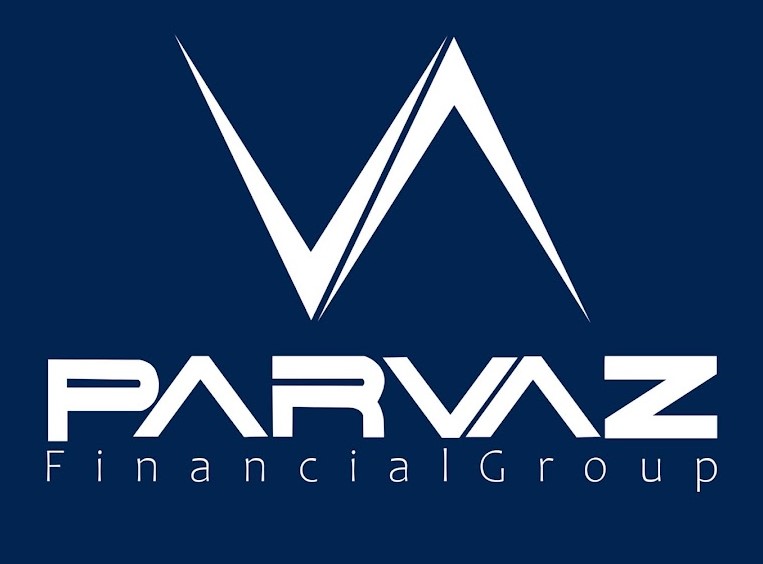Parvaz Capital, a cryptocurrency company active in Iran, has become infamous for providing misleading trading signals that lead to significant financial losses for investors. By exploiting the inexperience of novice traders and offering false promises of high returns, this company prioritizes its own profit at the expense of its clients.
The Role of Misleading Signals in Parvaz Capital’s Fraud
One of the primary methods Parvaz Capital employs to scam investors is through inaccurate trading signals. These signals are presented as expert advice on when to buy or sell cryptocurrencies. However, instead of aiding investors, these recommendations are often designed to cause losses.
For instance, Parvaz Capital may suggest purchasing a cryptocurrency that is already overvalued or on the brink of a price crash. As clients rush to act on these recommendations, the value of their investments plummets. Meanwhile, the company profits from these transactions, either by selling off its own holdings at inflated prices or through hidden fees and commissions.
Promoting Worthless Cryptocurrencies
In addition to faulty signals, Parvaz Capital is known for promoting obscure or low-quality cryptocurrencies. These coins often lack any real-world utility or solid development team and are frequently controlled or influenced by Parvaz Capital itself. Once a sufficient number of investors have been lured into purchasing these tokens, the company dumps its own holdings, causing the coin’s value to collapse. This strategy, known as a “pump and dump” scheme, leaves investors with significant losses.
Why Do Investors Trust Parvaz Capital?
- Lack of Knowledge:
Many investors in Iran are new to the cryptocurrency market and rely on external guidance for decision-making. Parvaz Capital exploits this lack of understanding to manipulate their investments.
Aggressive Marketing:
Parvaz Capital uses polished advertisements and social media campaigns to create the illusion of credibility and expertise. These campaigns often include testimonials from supposed clients who claim to have achieved significant profits.
